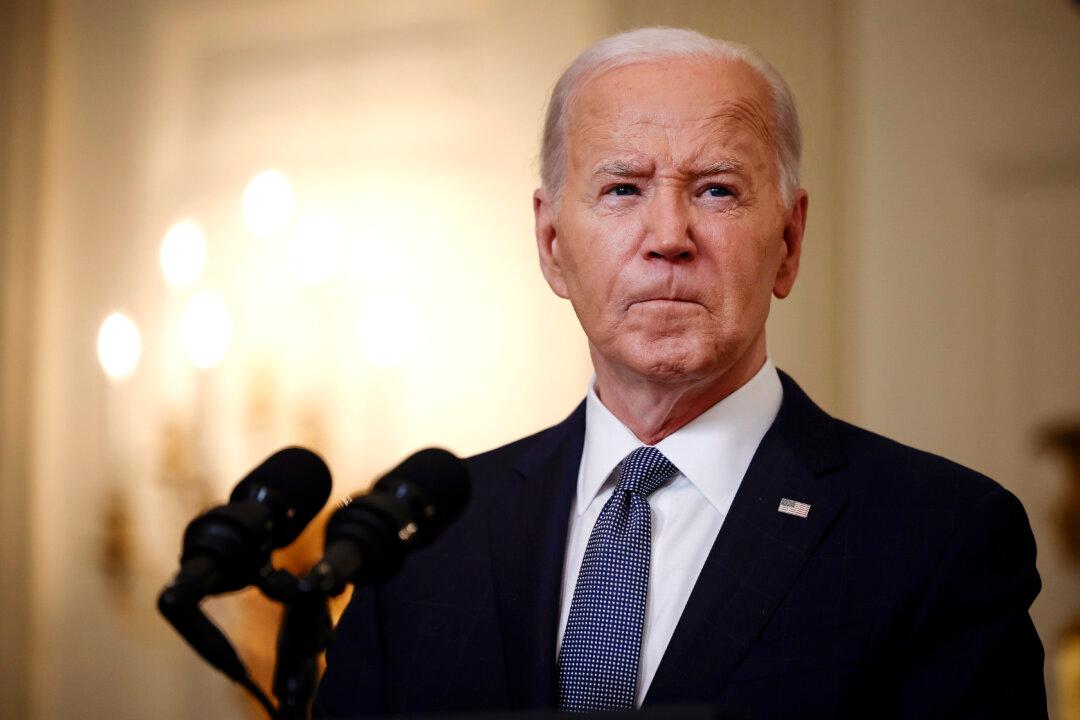President Joe Biden recently entertained the theory that Israeli Prime Minister Benjamin Netanyahu is prolonging the current conflict in the Gaza Strip to bolster his personal political fortunes.
President Biden spoke with Time magazine in a May 28 White House interview, which was published on Tuesday. In it, the president discussed a range of foreign policy issues, including the fighting in the Gaza Strip and negotiations for a ceasefire.





